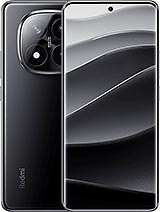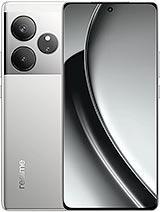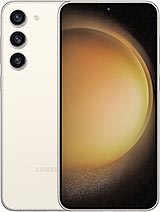Oppo Reno13 alternatives
Tap above to see alternatives.
Vivo X200 alternatives
Tap above to see alternatives.
1x3.35 GHz Cortex-A715
3x3.20 GHz Cortex-A715
4x2.20 GHz Cortex-A510
1x3.63 GHz Cortex-X925
3x3.3 GHz Cortex-X4
4x2.4 GHz Cortex-A720
8GB 256GB (UFS 3.1)
16GB 512GB (UFS 4.0)
f/1.8, 26mm (wide), 1/1.95", PDAF, OIS
8 MP
f/2.2, 15mm, 115˚ (ultrawide), 1/4.0", 1.12µm
2 MP
f/2.4, (depth)
f/1.6, 23mm (wide), 1/1.56", PDAF, OIS
50 MP
f/2.6, 70mm (periscope telephoto), 1/1.95", PDAF, OIS, 3x optical zoom
50 MP
f/2.0, 15mm, 119˚ (ultrawide), 1/2.76", 0.64µm, AF
1080p@30/60/120fps, gyro-EIS
1080p
f/2.0, 21mm (wide), AF
f/2.0, 20mm (ultrawide)
1080p@30/60fps, gyro-EIS
1080p@30/60fps
SIM1: Nano, SIM2: Nano
SIM1: Nano, SIM2: Nano
FDD: N1, N5, N8, N28
TDD: N41, N77, N78
FDD: N1, N3, N5, N8, N28
TDD: N40, N77, N78
FDD: N1, N5, N8, N28
TDD: N41, N77, N78
FDD: N1, N3, N5, N8, N28
TDD: N40, N77, N78
In this comparison, the Vivo X200 with the Mediatek Dimensity 9400 (3nm) performs better than the Oppo Reno13 with the Mediatek Dimensity 8350 (4nm), thanks to its more efficient chipset.
The Vivo X200 offers 4 years of OS updates, while the Oppo Reno13 provides 3 years. When it comes to security updates, Vivo X200 leads with 5 years of support.
Both phones feature AMOLED displays. They have the same 120 Hz refresh rate. Vivo X200 also has a brighter display with 4500 nits, improving outdoor visibility. Notably, Vivo X200 has a higher resolution display, resulting in sharper visuals.
Vivo X200 has a larger 5800 mAh battery for longer usage. Vivo X200 supports faster wired charging at 90W.
Vivo X200 offers better water and dust resistance with an IP69 rating.












